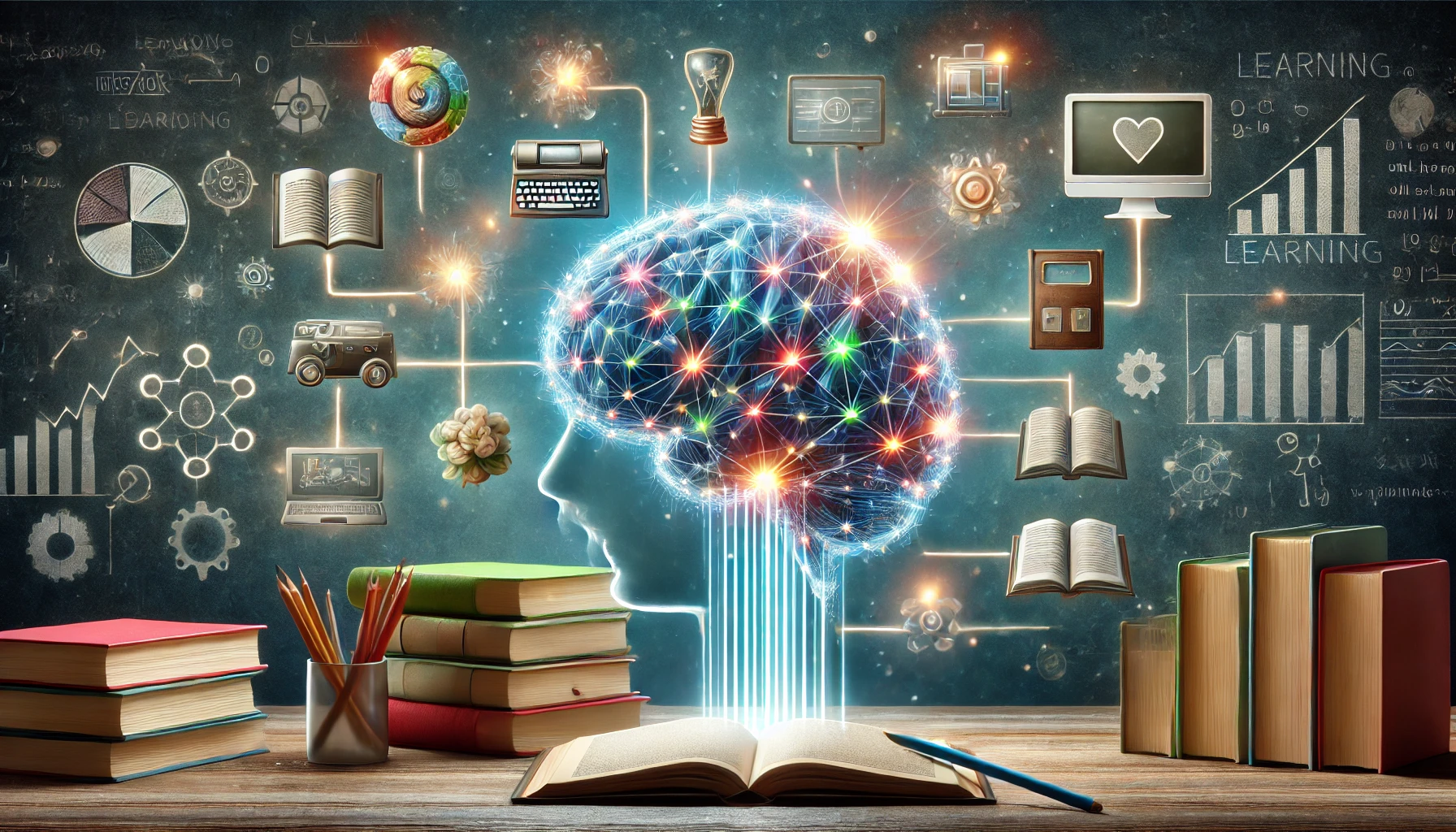How is memory related to learning?
Article Source: Google Books - How Memory Shapes Learning

Why you should care
Learning is at the core of human growth, but it heavily depends on memory. Without memory, our brains cannot store or retrieve the information we learn, making the process ineffective. Understanding how memory works can enhance teaching techniques, improve study habits, and even delay cognitive decline. Memory is not just about recalling; it’s the engine that drives knowledge retention.
Answering the question… How is memory related to learning?
Memory serves as the foundation for learning by encoding, storing, and retrieving information. When you learn something new, your brain creates neural connections to encode that knowledge into memory. Over time, repeated exposure strengthens these connections, making learning durable. For instance, short-term memory stores data briefly, while long-term memory retains it for extended periods, enabling deeper understanding and recall.
How was the study done?
The book synthesizes findings from neuroscience and cognitive psychology, reviewing experiments that track brain activity during learning and memory tasks. Techniques like brain imaging and memory tests were used to explore how different types of memory (e.g., procedural, episodic) affect learning outcomes.
What was discovered?
- Memory consolidation is key to learning; it occurs during deep sleep and strengthens neural pathways.
- Repetition improves retention rates by over 60%, emphasizing the importance of practice in learning.
- Emotionally charged events are 2-3 times more likely to be remembered due to activation of the amygdala.
- Stress hinders memory retrieval by increasing cortisol levels, which can reduce recall efficiency by up to 40%.
- Mnemonic devices and storytelling can boost retention by 30% compared to rote memorization.
Why does it matter?
Learning and memory are intertwined, and optimizing memory can significantly enhance educational and personal development. By leveraging strategies like active recall, emotional engagement, and sleep hygiene, students and professionals can improve their learning efficiency. This connection also opens doors for treating memory-related disorders and fostering lifelong cognitive health.
